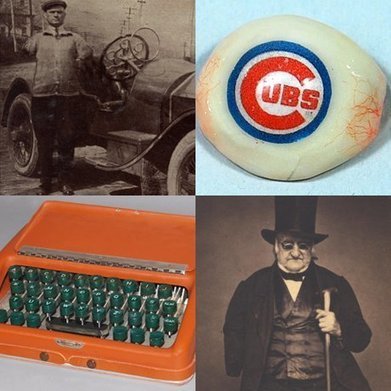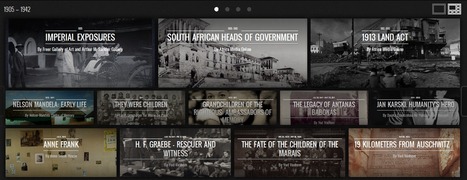"Many stories and events related to people with disabilities never make it into the history books or shared public memories. Familiar concepts and events such as citizenship, work, and wars become more complicated, challenge our assumptions about what counts as history, and transform our connection with each other when viewed from the historical perspective of people with disabilities, America’s largest minority."
|
|
Scooped by Beth Dichter |

Susan Daniels's comment July 1, 2013 9:45 PM
I love history, especially the little know facts. History shapes who we are today and enlightens us on how to move forward. Thanks for this scoop!
Sign up to comment



 Your new post is loading...
Your new post is loading...








This website from the Smithsonian provides a historical look at disabilies. You will find the following categories as well as posters and the ability to see the site in Spanish.
* Disability and History
* People
* Place
* Technology
* Citizens
Why teach about disability? The website states that the history is important because it "deepens understanding of the American experience and reveals how complicated history really is. In addition, when history comes through artifacts, distinct themes emerge—for example, the significance of place, relationships, and technology—that are less apparent when only books and words are used."